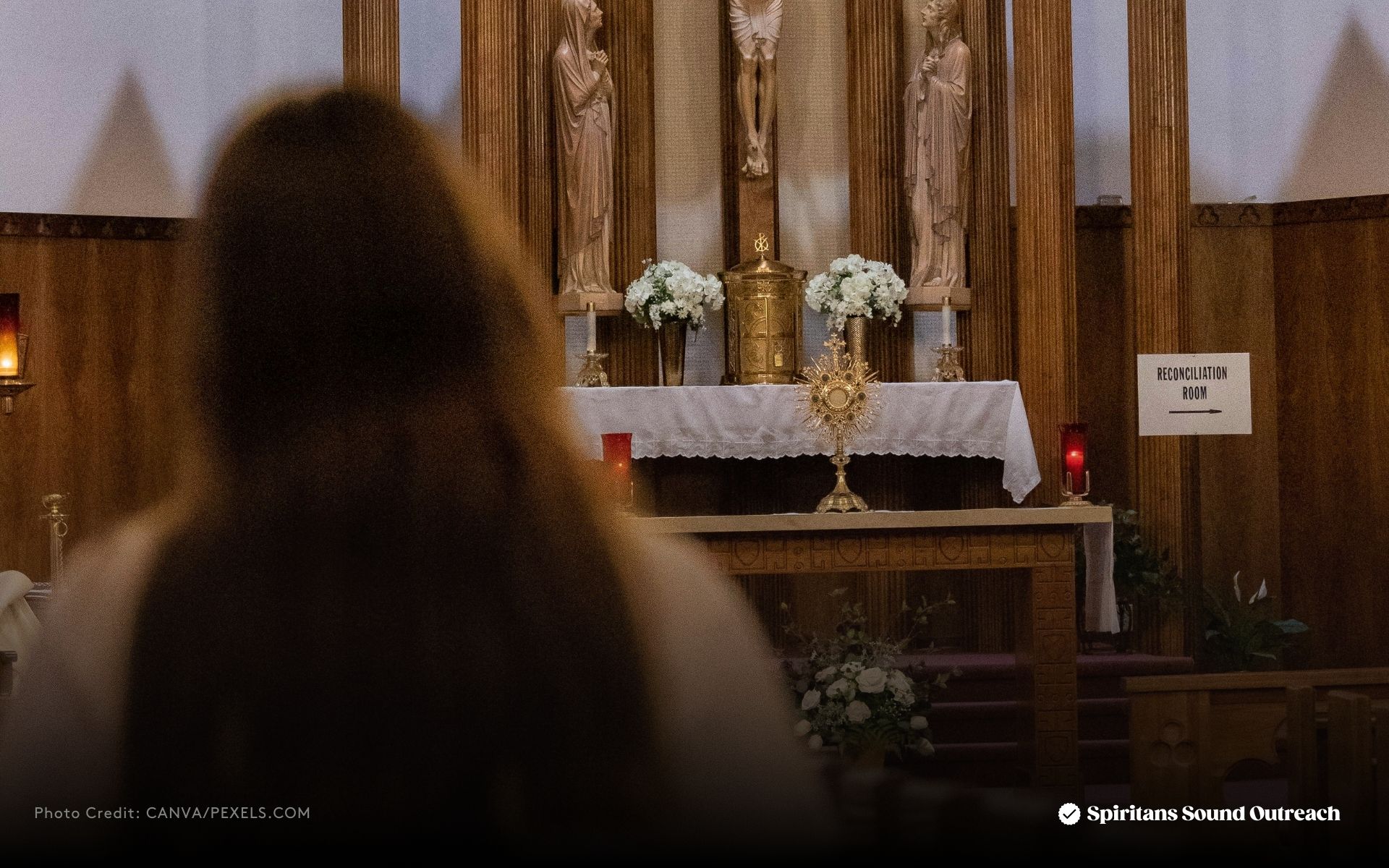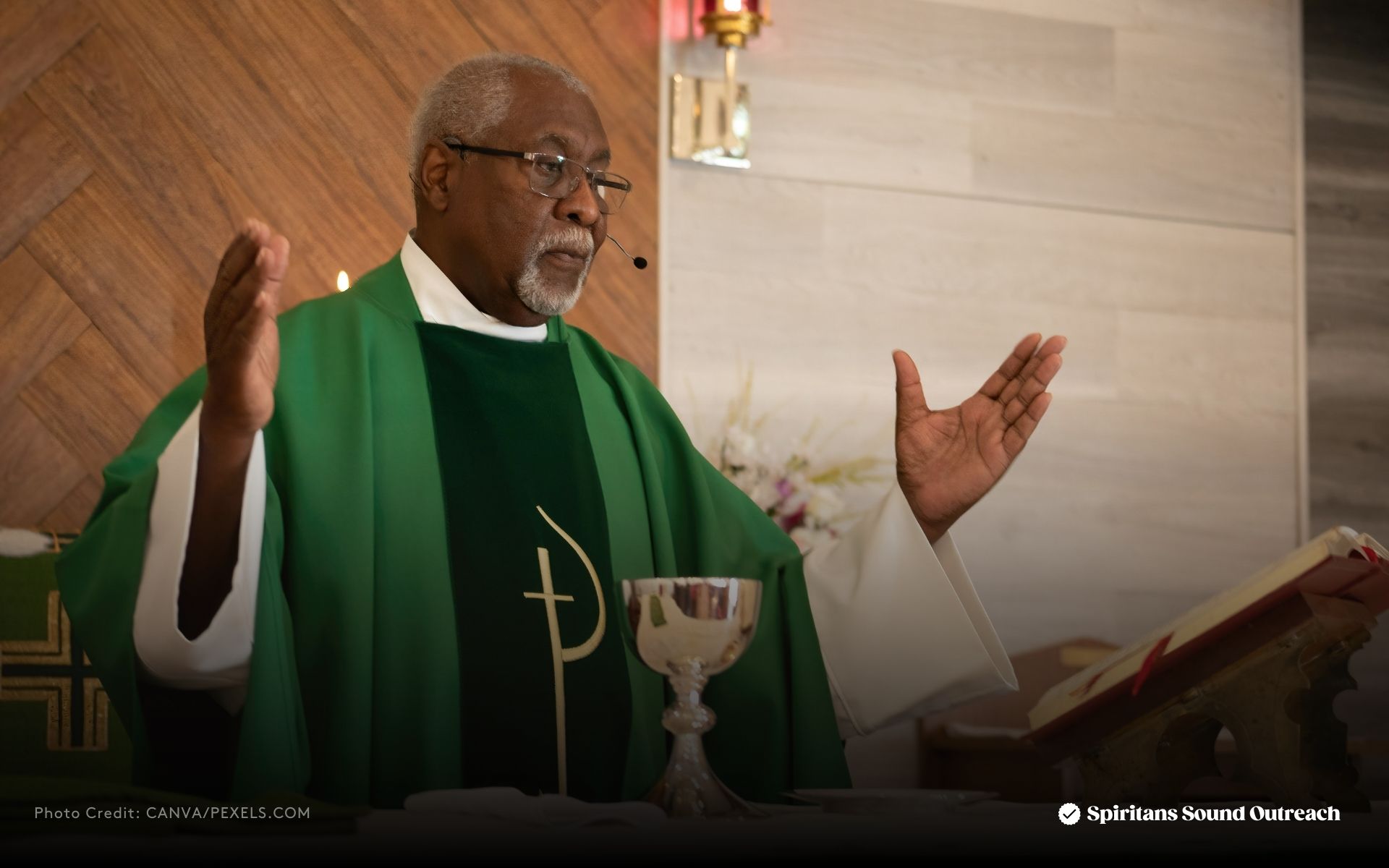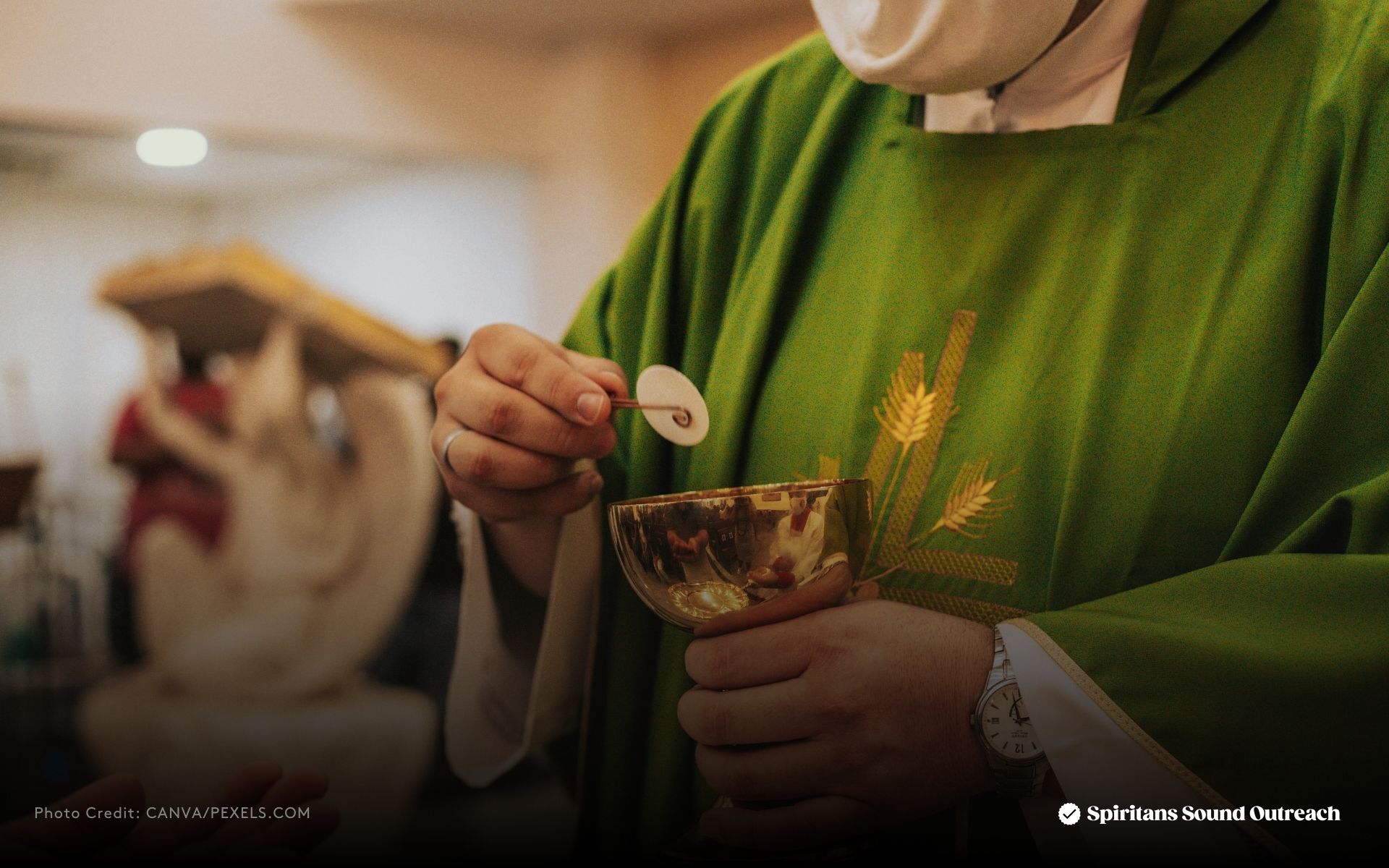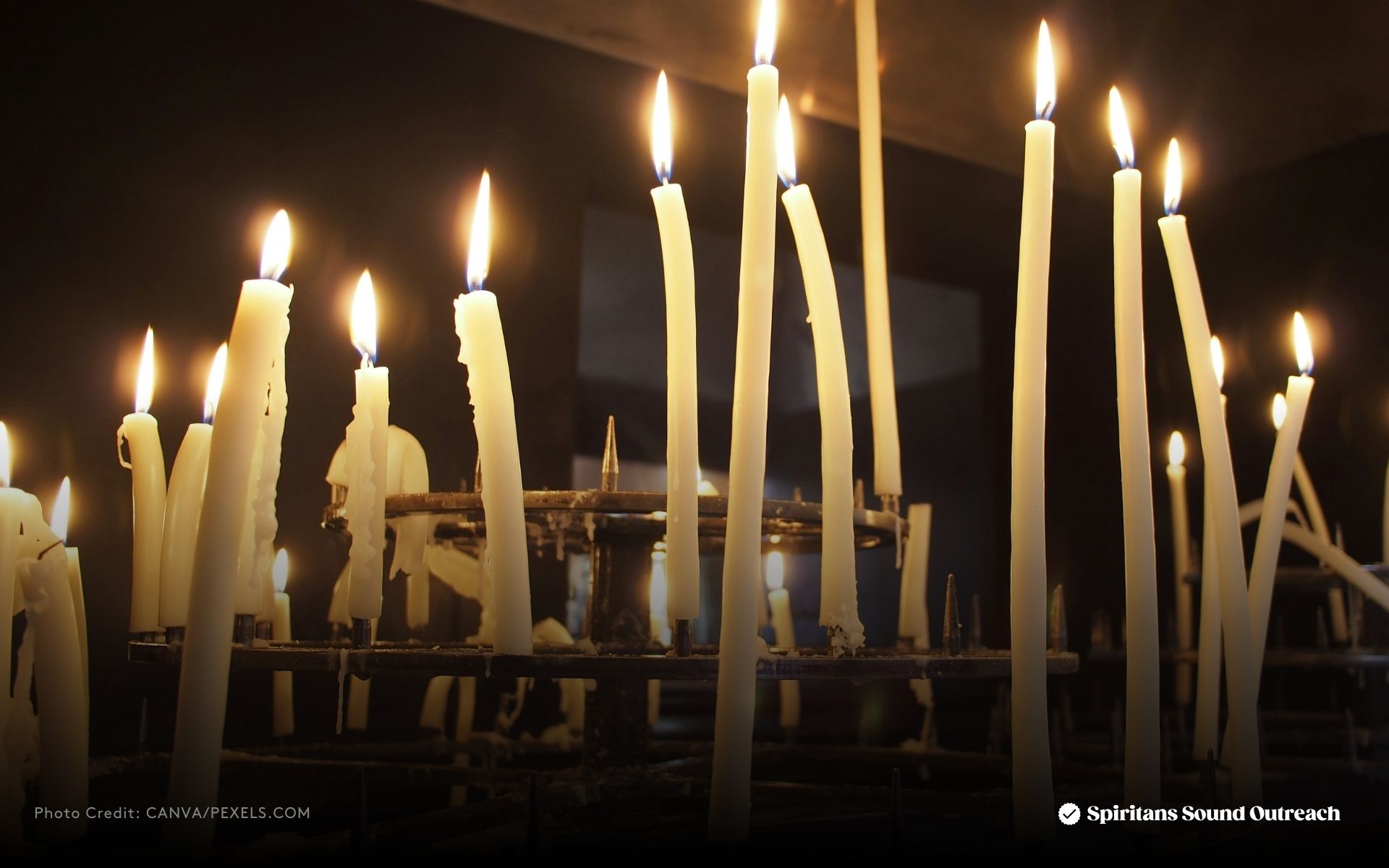Suffering means to undergo hardship, to feel pain, to bear a condition or affliction, to experience decline or discomfort, or to endure something undesirable.
It is important to bring to our consciousness that suffering is an inevitable part of life: Mothers endure pain to bring new life into the world, fathers toil daily to provide for their families, teenagers wrestle with choices about relationships and careers, children are often under the authority of their parents and are not allowed to do or have all they desire, people fall sick, are misunderstood, discriminated against, fail to meet expectations, or are treated as losers.
It is a reality that suffering cannot be completely eliminated from our lives, it can only be managed. That said, the more critical question should be: What am I suffering for? Is it worth it? What is the outcome of my suffering? Not merely how to avoid suffering, as some would prefer.
The Church of yesteryears suffered immensely. The Bible recounts how Jesus and his disciples worked so tirelessly that they often had no time even to eat (Mark 6:31–32). Jesus constantly travelled on foot, preaching from one town to another, with no place to lay his head (Matthew 8:20). He was hated for speaking the truth, betrayed by his own, and when the cross became inevitable, he prayed, “My Father, if it is possible, take this cup of suffering from Me. Yet not what I want, but what You want” (Matthew 26:39). He was eventually nailed to the cross and died. But today, he is exalted at the right hand of the Father and honoured with the name above all names, Jesus Christ, the Anointed Savior of the world.
In today’s first reading (Acts 16:1–10), we see Paul following the same path. He preached the Gospel tirelessly, constantly travelled, and likely had no fixed place to rest. Paul was repeatedly hunted by the Jews. Whenever they found him, they attacked him like wild dogs tearing into their prey. Roman soldiers often had to rescue him by imprisoning him for his own safety (Acts 21:27–33). He eventually died a martyr’s death and was rewarded with eternal glory for his perseverance.
In the Gospel (John 15:18–21), Jesus warns his disciples of the hatred and persecution that would come upon them because they have chosen to follow his way.
From these accounts, we see that the early Church understood suffering for Christ as a necessary part of their faith journey. They embraced their sufferings as personal crosses in their walk with Jesus. Some even offered their suffering for the souls in purgatory.
In contrast, the Church of today often seems to prioritize comfort over cross-bearing. Some boast of massive bank accounts at the expense of the poor, prefer the company of the wealthy while pushing aside the less fortunate, and compete in driving flashy cars or flying private jets, seeking admiration from congregations. Great resources are invested in luxurious buildings and elite schools, while little is done to evangelize or serve the spiritually and materially poor—because “it is stressful.”
Suffering is now often seen as a curse, while extravagant wealth is labelled as God’s blessing. Many no longer perceive their mission as one of sacrifice for the salvation of souls, but as a means to accumulate personal wealth. This distortion of identity is exactly what Saints Teresa of Avila and John of the Cross confronted during their reform of the Carmelite Order.
Today, I ask myself: Am I part of the suffering Church or the “enjoyment” Church? In whose footsteps am I walking? What is my purpose in the Church? What will be my gain when I die? What will people say about my contribution to the Church and the world?
May God continue to direct and save us through Christ our Lord. Amen.









